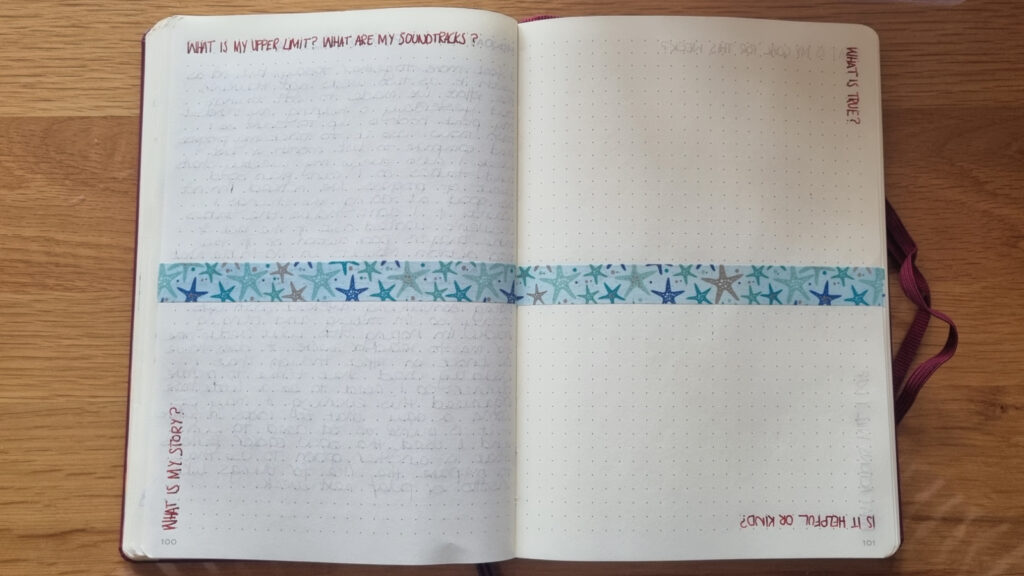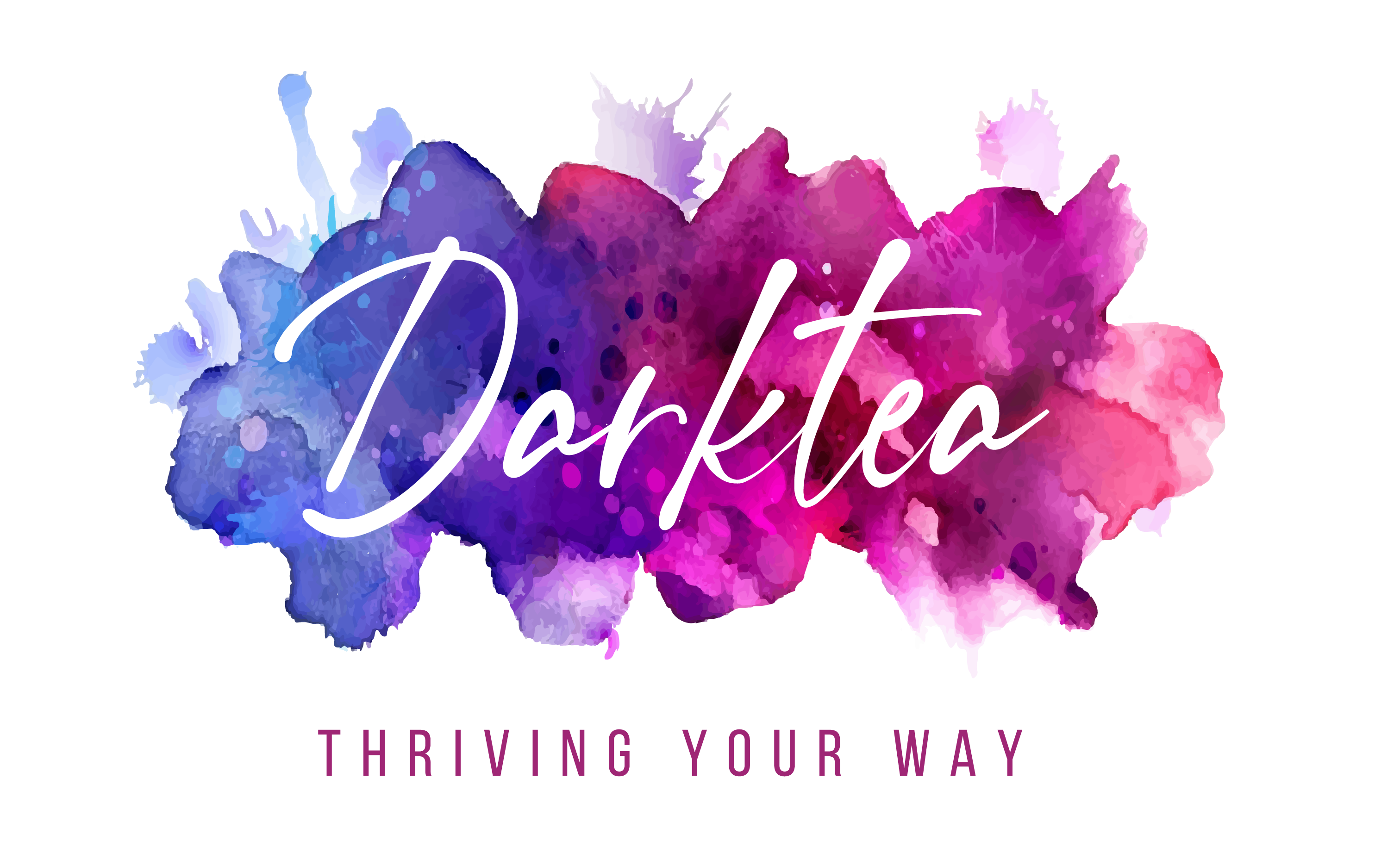Have you ever wondered why some people seem to find it easier to achieve their goals? The answer often lies in our subconscious mind because our thoughts and beliefs play a huge role in determining our choices and actions. Self-limiting beliefs often prevent us from taking action and therefore prevent achieving our goals.
If you identify your limiting beliefs, you can change the way you think about yourself, enabling you to make different decisions and take different actions.

What are limiting beliefs?
Beliefs are like rules because when we believe something it becomes true for us. Self-limiting beliefs are false beliefs that prevent you from achieving your goals. They are any thought pattern that keeps you from reaching your highest potential; an upper limit. They are unconscious beliefs that tell you what you should do, how you should behave, and who you should be and could include negative self-talk, unrealistic expectations, or fear of failure.
We all have limiting beliefs, even if we don’t know it. And each one keeps us from doing things we want to do.
Examples of limiting beliefs
Limiting beliefs are usually about self doubt and insecurity. Common self-limiting beliefs are
1. I’m not good enough
2. I’ll never succeed
3. People will always reject me
4. I don’t deserve success
Using journal prompts to identify your limiting beliefs
If you identify your self-limiting beliefs, you will be able to change the way you think about yourself, enabling you to approach your goals with a growth mindset. However, these core beliefs, which may go back to childhood experiences, are not always easy to identify. This is where writing can help because the process of writing helps you work through your thoughts and process your emotions.
What are journal prompts?
Journal prompts are questions or statements that help writers by giving them inspiration or a focus. They encourage you to think about a situation or issue from a different perspective, which is why they are beneficial for personal development purposes.
Why and when to use journal prompts?
The main reasons to use journal prompts are when you don’t know what to write, you want to challenge yourself with some different topics or when you want more structure or guidance.
Journal prompts to identify your limiting beliefs
When we change our beliefs, it is possible to change our lives. The first step is to recognise that you have a negative belief. Journalling can help you question your assumptions and help you prove or disprove whether you have a limited belief.
After reading the book Soundtracks by Jon Acuff (my review), I developed four journal prompts to help me question my thoughts and behaviours that could be limiting beliefs.
- What is my upper limit / What are my soundtracks? What have you identified as something that is getting in the way of you achieving what you want? What thoughts and beliefs do you have?
- What is true? What is true about the situation now or in the past?
- Is it helpful or kind? Does the thought or your behaviour help you to achieve what you want? Is it moving your forward? Is the thought or behaviour kind to yourself or the people around you?
- What is my story? Write the story you want. How will you behave? What will you think? What will you believe?
I use a double page spread and use half a page for each question. As these flow from each other I rotate the page a quarter turn for each question. And to add interest to the page and make it easier to find later I use some washi tape across the middle.

What next?
Recognise a limiting belief is the first step to replacing it with an empowering belief. It is the first step to seeing new possibilities and creating new habits that allow you to reach your goals. However, you may find that you need to use these journal prompts several times, possibly on the same limiting belief or on something different.
Once I’ve identified how I’d like to change a limiting belief, I use journal prompts to help me change my thoughts about the belief.








 Soundtracks by Jon Acuff Book Review
Soundtracks by Jon Acuff Book Review
[…] journaling before bed – it can help to get anxious thoughts out of their heads and onto paper, to leave […]